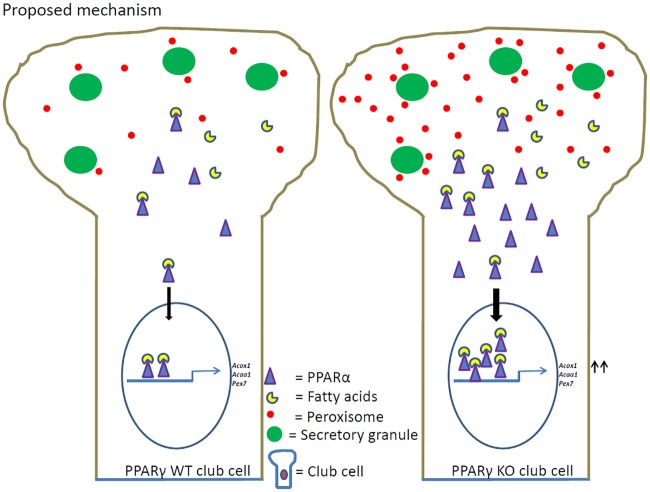Fig 7. Proposed mechanism of peroxisome induction in club cells with PPARγ-deficiency.
In WT club cell, endogenous fatty acids are ligands for nuclear receptor PPARα and its basal transcription of peroxisomal genes. However, PPARγ-deficiency in club cells leads to increased amounts of palmitic acid (C16:0), arachidonic acid (C20:4) and docosahexaenoic acid (DHA; C22:6) in phospholipids. The release of free fatty acids might generate physiological ligands for the nuclear receptor PPARα. PPARα acts as a transcription factor, forming heterodimers with the retinoid X receptor which binds to specific response elements (PPREs) in the promoter regions of the peroxisome-related genes (Pex7, Acox1 and Acaa1). PPARα induction leads to orchestrated upregulation of gene expression for proteins regulating peroxisomal biogenesis and metabolism leading to peroxisome proliferation and enzyme induction to protect the airway epithelium against oxidative and lipotoxic stress.

